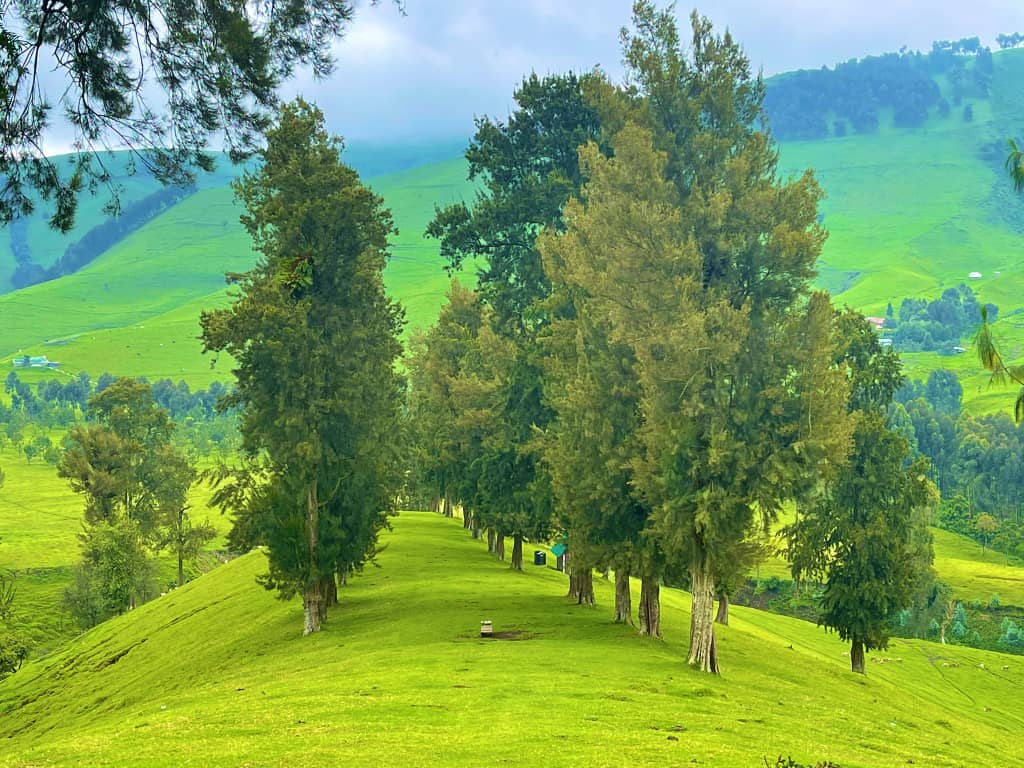The Rwandan government has rejected what it calls biased and one-sided international responses to the recent takeover of Masisi territory in the Democratic Republic of Congo (DRC) by the M23 rebel group. In a statement, Rwanda’s Minister of Foreign Affairs, Olivier Nduhungirehe, accused countries and organizations of failing to address key factors fueling the conflict while unfairly blaming Rwanda for the crisis.
The minister expressed disappointment with statements accusing Rwanda of supporting the M23, describing them as simplistic and lacking a comprehensive understanding of the situation. He argued that these narratives ignore the presence of the Democratic Forces for the Liberation of Rwanda (FDLR), a militia of Rwandan genocidaires, in Masisi territory.
“Many parts of Masisi are or were in the hands of the FDLR, a foreign force occupying Congolese territory,” Nduhungirehe stated. “At no time have those countries condemned the violation of Congolese land by this genocidal force, which continues to threaten Congolese communities, including the Congolese Tutsi.”
The minister also raised concerns about the involvement of European mercenaries in eastern DRC, who, he claimed, are supporting a military coalition that includes the Congolese army (FARDC), the FDLR, Nyatura militias, and Burundian forces. He accused European Union (EU) member states of ignoring these violations of international law.
“The silence of the EU and its member states on the criminal activities of these mercenaries is alarming,” he said, adding that their presence exacerbates an already complex conflict.
Nduhungirehe also criticized the infantilization of DRC leadership by the international community, which, he said, is “never held accountable for anything.” He argued that this approach shields the DRC from responsibility for its internal challenges while perpetuating the blame game against Rwanda.
The minister pointed to the marginalization and persecution of Congolese Tutsi communities as a root cause of the crisis, which he said has been overlooked by international actors. He highlighted the historical presence of Congolese communities of Rwandan heritage, dating back over a century, and condemned hate speech and discrimination against them.
“The same countries that drew artificial colonial borders are now quick to accuse a movement defending these communities, while failing to acknowledge the historical and systemic marginalization they face,” he remarked.
Nduhungirehe stressed the need for direct political talks between the DRC government and the M23 to address the underlying causes of the conflict. He criticized the international community for focusing on “quick fixes” and symbolic gestures instead of meaningful engagement.
“The conflict in eastern DRC cannot be resolved through nice pictures, handshakes, or the usual blame game. A serious approach, addressing the persecution of Congolese Tutsi and security threats against Rwanda, is essential for peace in the Great Lakes region,” Nduhungirehe concluded.
The statement comes amid escalating tensions in the region, with accusations and counter-accusations between the DRC and Rwanda. As the situation in eastern DRC remains volatile, Rwanda’s remarks highlight the need for a nuanced understanding of the conflict and a commitment to long-term solutions.




















